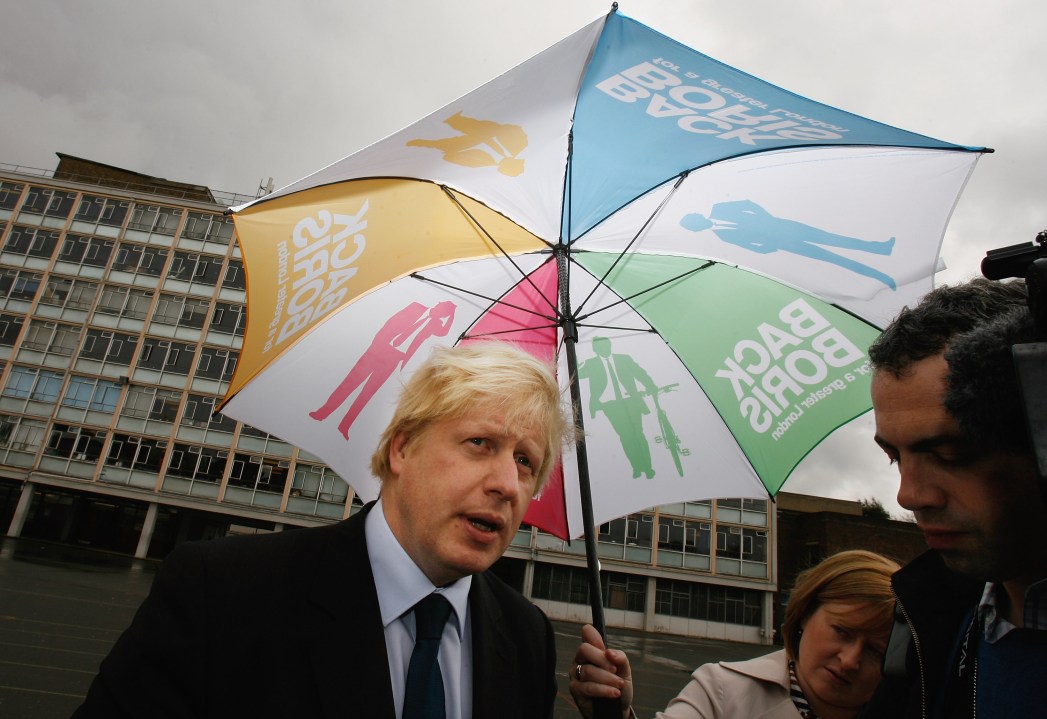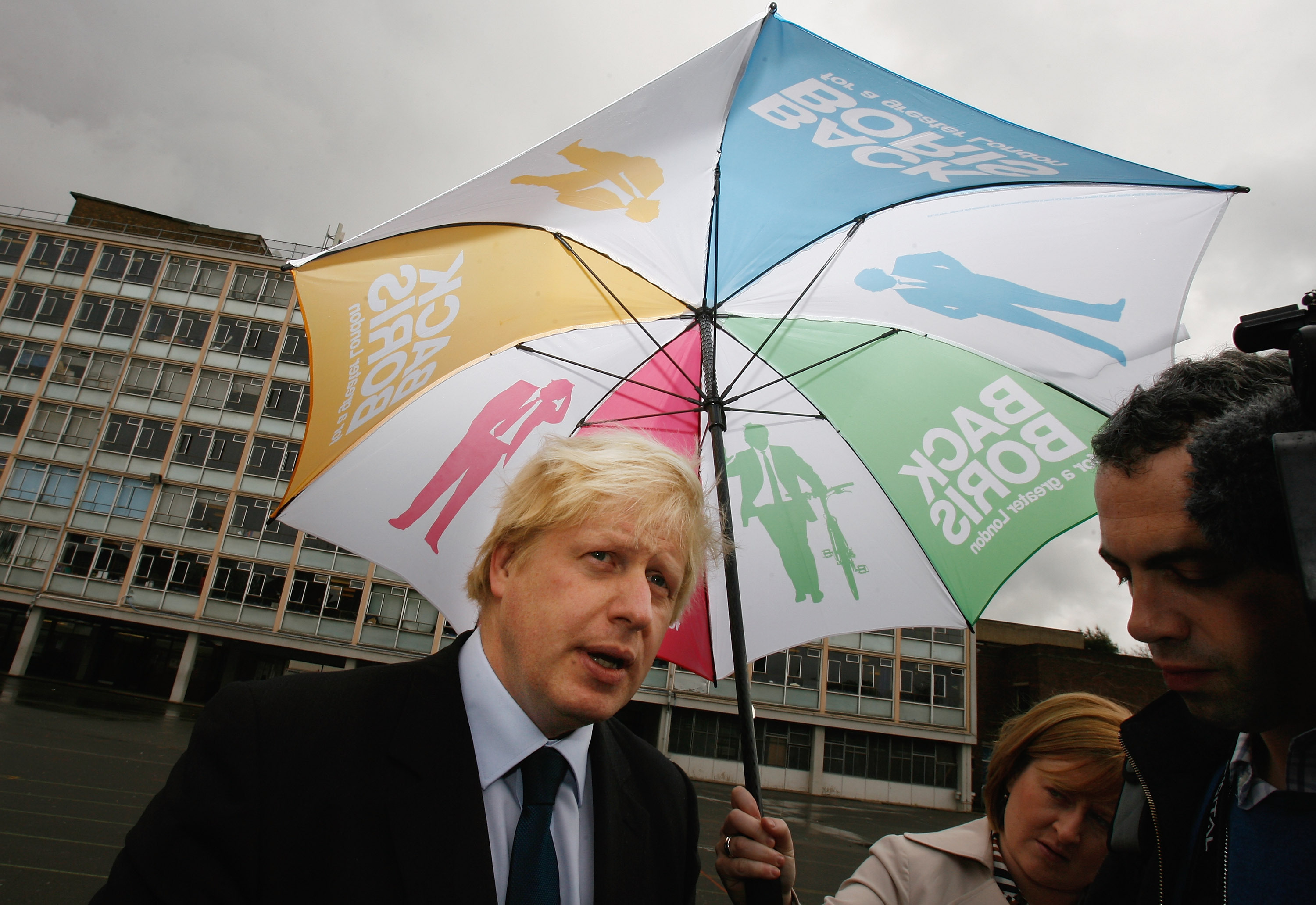 It’s local and London election time, and Coffee House will be bringing you frequent news and analysis throughout today and tomorrow. For now, though, an overview of what the papers are saying…
It’s local and London election time, and Coffee House will be bringing you frequent news and analysis throughout today and tomorrow. For now, though, an overview of what the papers are saying…
Are the local elections a dress rehearsal for the general election? Not so, says Peter Riddell in the Times:
“The joy of local elections is their sheer unpredictability and the idiosyncrasies of the results. As even a glance at the candidates in the London mayoral contest shows, we are not seeing clones of Gordon Brown, David Cameron and Nick Clegg rehearsing for the big one in two years time…
…So nothing will be quite what it seems, not least because the first results after midnight will be atypical. Savour the complexities. The 2010 general election will look very different.”
In the Independent, Steve Richards hopes that Riddell’s got it right – but he seems dubious about whether voters will vote for local reasons rather than for national concerns:
“…elections are a test for voters too as they decide who should wield power over them: Can they make the connections between what is happening in their daily lives and the actions of seemingly distant political figures? Are they able to make their way through the one-sided accounts delivered by some newspapers and by those broadcasters who have a tendency to be biased in favour of the safely established political narrative?
Not surprisingly, and with some justification, the results of the elections, especially the contest in London, are being viewed through the prism of national politics. Can Gordon Brown hold on to London? Can David Cameron win in the capital? These are important questions, but they are not ones that should be uppermost in voters’ minds.
Amidst the frenzy, it is easy to forget that neither Brown nor Cameron is standing in the capital. Whatever happens today in London and elsewhere, Brown will be Prime Minister tomorrow and Cameron the leader of the opposition. Voters will fail the test if they make their judgements on the basis of national politics alone.
Instead, sensible voters must stand back and attempt to make those connections. Evidently, this is a challenging task. If it were easier to recognise a link between the noisy din of high politics and the lives of voters, there would be more interest in political issues. There might even be as much interest, say, as there is in the fortunes of the England football team.”
And the Sun – albeit in the form of one of their columnists, Kelvin MacKenzie – again endorses the Conservatives (in a roundabout way):
“[Brown] wants all our money and he will lie, lie and lie again to get it.
I’m no big fan of Cameron but I can’t believe he would deceive our country in the way that Brown does.
You don’t need my advice on which way to vote today. You know what to do.”
As for the numbers,the Mail has put together a handy guide to what would constitute a good day or bad day for each party (scroll down this page to find it). And, finally, the Times has this neat graphic (pdf), which outlines the key election battlegrounds.







Comments